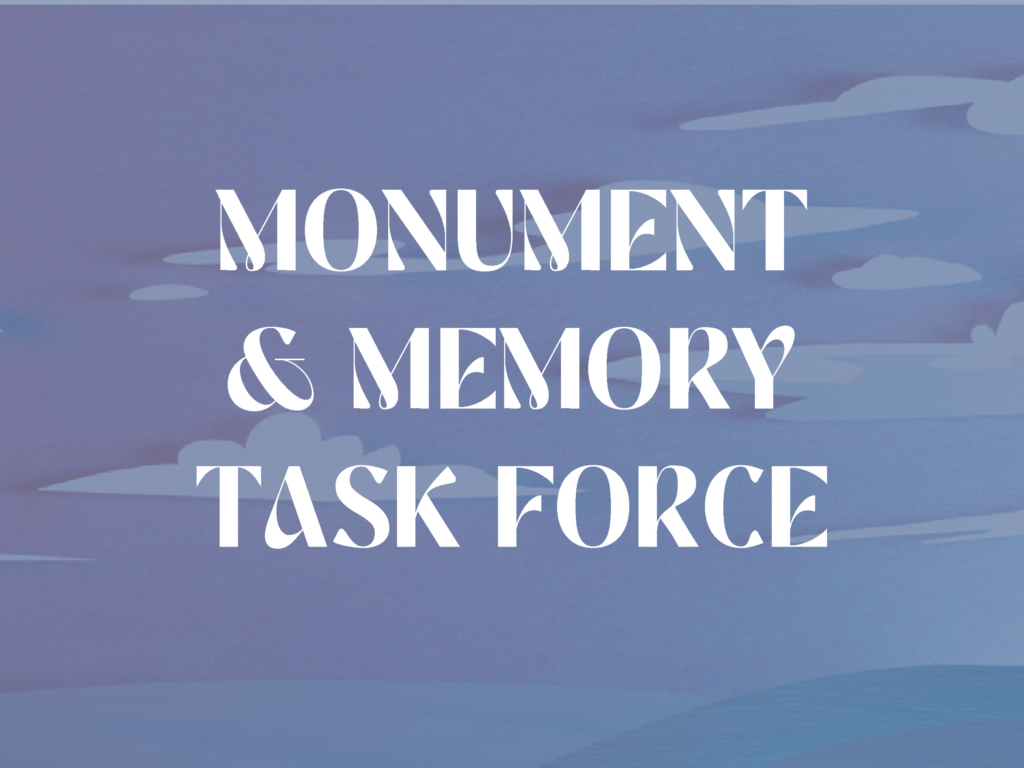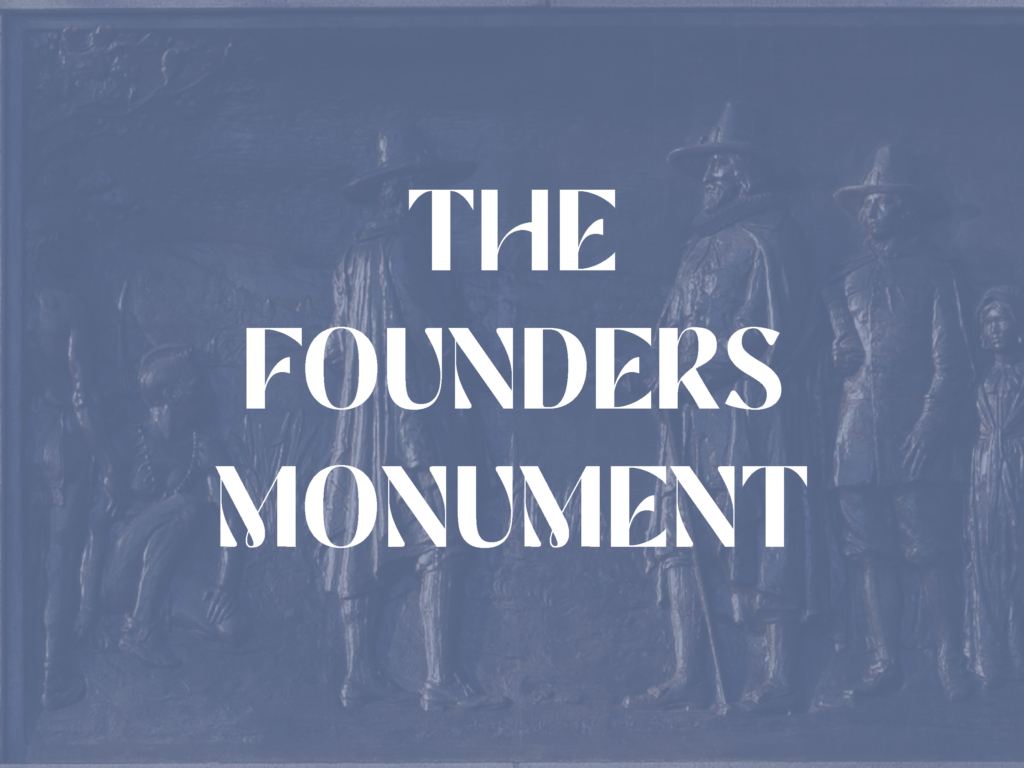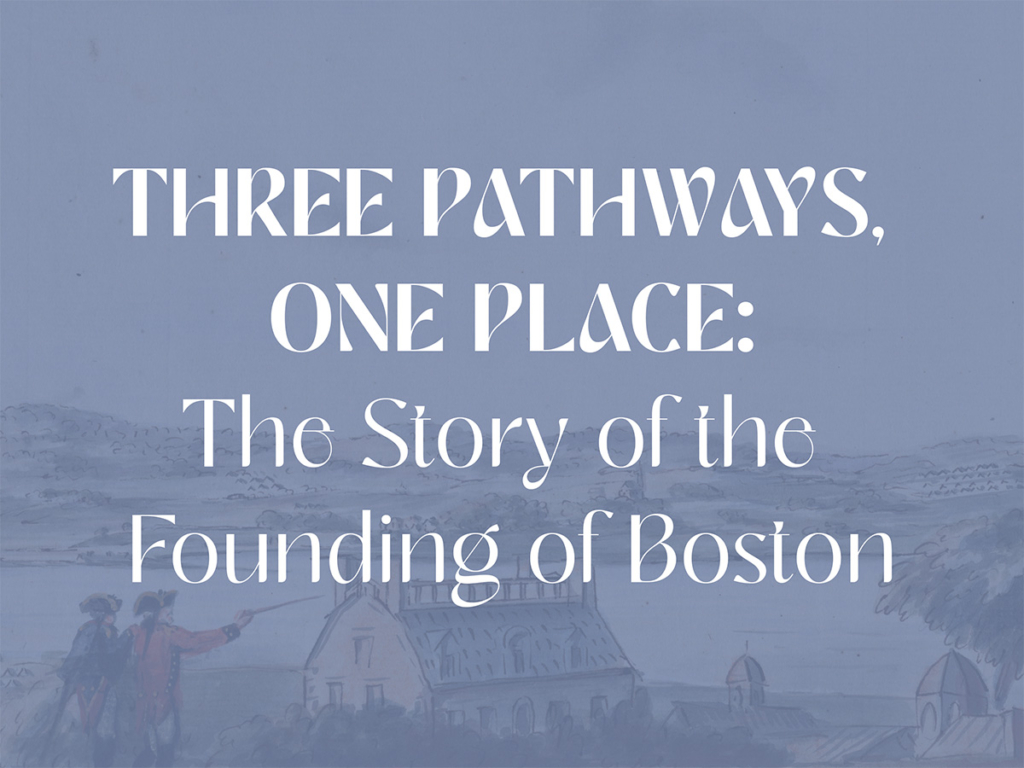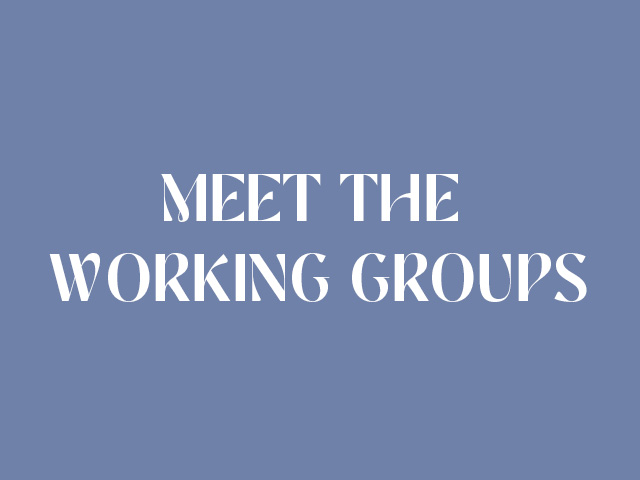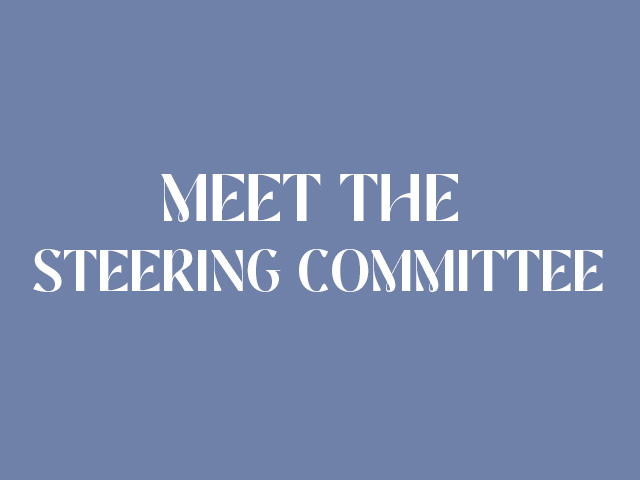Revealing a Deeper History: Intervention at the Founders Monument on Boston Common, has been postponed to 2025.
We value your understanding and support. We are actively working to reschedule the program and will announce the new dates as soon as possible.

We acknowledge that our parks occupy the traditional homelands of the Massachusett Nation, historically land, marshlands, and waterways that today are known as Boston. We acknowledge the painful history of displacement of Indigenous peoples from their land, and that the work of repair is ongoing. In the spirit of the Masssachusett people past, present and future, we acknowledge that we live in a bond of reciprocity with the plant and animal relatives who call our parks home. We honor the gifts given to us by this land and return them with our care.

The intervention at the Founders Monument is a pilot project of the Friends of the Public Garden’s Monument & Memory Initiative. The Initiative was launched in response to the national reckoning about public monuments and their meanings. It has also built on the Friends successful multiyear Shaw 54th Memorial partnership with the City, the NPS, and the Museum of African American History that used the memorial’s restoration as a platform for dialogue on race and social justice.
This first engagement will become a roadmap to continuing these critical conversations about public art and the history they represent, lifting up previously marginalized voices and inviting a fuller narrative of our shared history. The stories represented in the existing monuments in the Boston Common, Public Garden, and Commonwealth Avenue Mall – Boston’s largest collection of public art – have an impact on a diverse community, and the Founders Monument was chosen because of the complicated narrative it depicts of the “founding” of a place that was occupied for hundreds of generations.
This Initiative engaged Indigenous and Black educators, leaders, and artists as well as American history and art history professors and the City archaeologist. Research by a separate Working Group within the Initiative centered on documenting the Indigenous history of our parklands and articulating the divergent worldviews of land – Indigenous and colonist – that collided in the 17th century.
This work is a creative expression centered on land, relationship to land, and monumental expressions in public space, by the individual artists and scholars who were involved in the project. It is not intended to be representational of a specific tribe or be a definitive history, but rather through abstract, interpretive and dramatic forms of movement and film, to underscore the displacement of Indigenous inhabitants of the land that became Boston, and the radically different worldviews of relationship to land (“We don’t own the land, we are the land.”) It is an invitation to look at a familiar and well-loved monument and ask questions about the story that is depicted, who is centered in the story, and what is missing from the narrative.
We recognize the breadth and depth of the local Indigenous community, and are open at every step of the way to listen and learn from the experiences of different peoples and individuals. It is hoped that this intervention will spark discussion, debate, and a lively exchange about these issues, setting the stage for an ongoing creative engagement with existing public art in the parks to expand the community’s awareness of deeper histories and invite new ways of seeing and storytelling. Fostering and supporting important conversations is a key goal of this work.
Friends of the Public Garden, in response to the national reckoning about public monuments and their meanings, launched the Monument & Memory Task Force initiative in partnership with the City of Boston, local scholars, art historians, and artists. The work produced by this Monument & Memory Task Force will serve as a platform for public dialogue about Boston’s history and social and cultural fabric and its representation in public sculpture in the three parks.
The Founders Monument on Boston Common was chosen as the pilot project to creatively engage with the sculpture itself, using collaborative storytelling, movement, and film to reveal the deeper histories behind the bronze and stone facade and uplift historically marginalized voices.
This pilot project performance centers Indigenous histories and understandings of the land on the Shawmut Peninsula. Focusing on ideas of reciprocity and exchange rather than land ownership, Revealing a Deeper History: Intervention at the Founders Monument asks you to think about Indigenous life on the land prior to colonial encounter and settlement.

Due to inclement weather, Revealing a Deeper History: Intervention at the Founders Monument on Boston Common, scheduled for September 25 to 28, has been postponed.

The Founders Monument is accessible via the following transit options:
Via car: The Founders Monument is located across the corner of Beacon and Spruce Streets, Boston, MA, directly across from 50 Beacon Street, Boston, 02108 on GPS. Paid parking is available in the Boston Common Garage or Transportation Building garages.
Via subway: Take the Red or Green Line to Park Street, Green Line to Boylston, or Orange Line to Downtown Crossing (requires short walk)
Via MBTA Bus: Take any of the following bus routes: #11, #43, #501, and #504. For any of these bus routes, stop close to the Common. Stops may require a short walk. Check your MBTA app for exact proximity.

